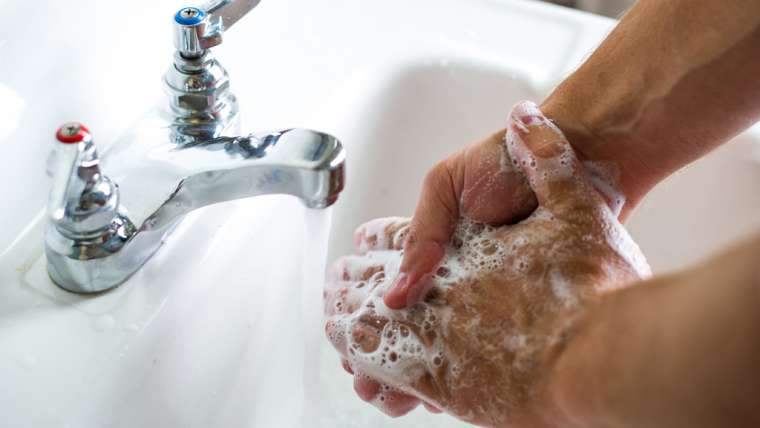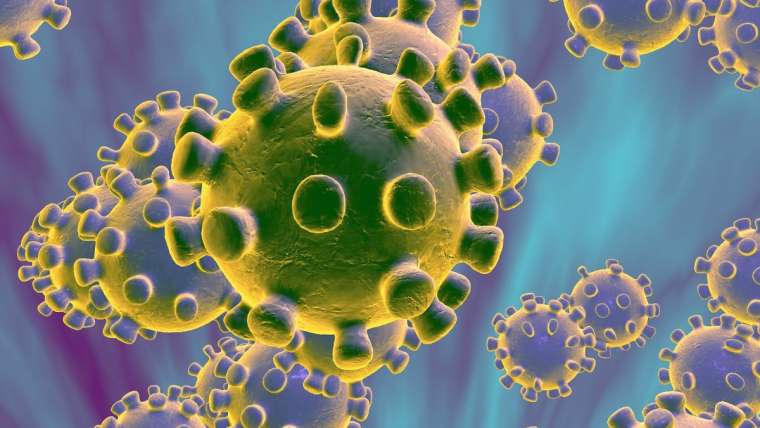Above all else, once you have a sunburn, the first critical step is to avoid further injury by getting out of the sun and staying out of it until you are completely healed. Burns can develop in just a few hours in the sun, so keep a watchful eye for any signs or symptoms.
In our last blog, we reviewed the top 10 most common skin spots that we see in dermatology (https://www.midlandsderm.com/top-ten-common-skin-spots/). All of these can be removed. Now we would like to share with you some more information about the options for unwanted skin spots removal, as well as the details on what these procedures entail. Which procedure goes best for each spot heavily depends on the size and depth of the skin growth.
The management of Psoriasis has made huge leaps forward over the last two decades. This has transformed our ability to treat this condition. The greatest health care advances have been in the realm of systemic therapy & biologic medications. These work by altering the immune system. They, therefore, are generally considered immune suppressants, weakening the immune system. Taking this into consideration, the best dermatologists worry about what this means for patients on biologic medicines for psoriasis during the time of the COVID 19 (Coronavirus) viral pandemic. Considering that, some patients are deciding to hold their biologic medication until the viral pandemic has ended.
Hand hygiene has become more frequent for many, leading to an increase in chronic hand eczema. Our hands ordinarily take a lot of abuse. Repetitive wet-dry cycles from hand washing and/or irritating chemicals in hand sanitizer can compound these abuses, leading to irritant contact dermatitis. Other irritants and allergens that can lead to allergic contact dermatitis in the hands include perfumes, metals, rubber, or leather. Individuals with skin sensitivity are more likely to develop red, inflamed skin due to repeated exposure to these irritants. Considering this, at Advanced Dermatology of the Midlands we expect that more and more of us will start to suffer from hand eczema (hand dermatitis).
At Advanced Dermatology of the Midlands, we are closely monitoring the developments with the COVID 19. Just like you, we have numerous concerns about this situation. Considering that, we want you to understand our current position and approach. We know that trying times require both unique and up-to-date safety precautions to keep our patients and staff healthy.
First, we are committed to being there for all our patients through this challenging time. Despite the problem going on worldwide, people will continue to have concerns that arise with their skin and require skilled dermatology care. We plan to remain open to continue to take care of your dermatology needs.
We are aware of the increase in a number of coronavirus cases in the US and are continuously monitoring and reviewing this matter, especially as it pertains to our patients and staff. Our greatest concern is for our patients who are on prescriptions for skin, hair, or mucosal diseases that may alter and weaken the function of their immune system. For patients on these medications, if they feel like they have an infection of any sort, we recommend they consider holding their medication until they feel well again—having recovered from the infection.
Additionally, if it comes to pass that we have an increasing number of cases of coronavirus in Omaha or surrounding communities, we foresee that some patients may consider stopping their medication until circumstances have changed and concerns surrounding coronavirus have subsided.
As winter drags on, many people seek warmer places to visit. For this reason, we wanted to give you some quick Sun Tips for Winter Travelers with the anticipated sun exposure. It is easy to be complacent with our cabin fever so that we can quickly get too much sun and even sunburn on a winter getaway vacation.
Psoriasis is an autoimmune condition that most commonly affects the skin and joints. A few different types of psoriasis are recognized, and we call the most common version of chronic plaque-type psoriasis. People with psoriasis often have red scaling plaques on their skin. These plaques can cover a very small portion of the skin or be very extensive. The most common areas involved are pressure points including the elbows, knees, low back, and scalp. Roughly 1/3 of patients with psoriasis in the skin will also have inflammation in the joints causing joint pain and/or stiffness. This is called psoriatic arthritis.









